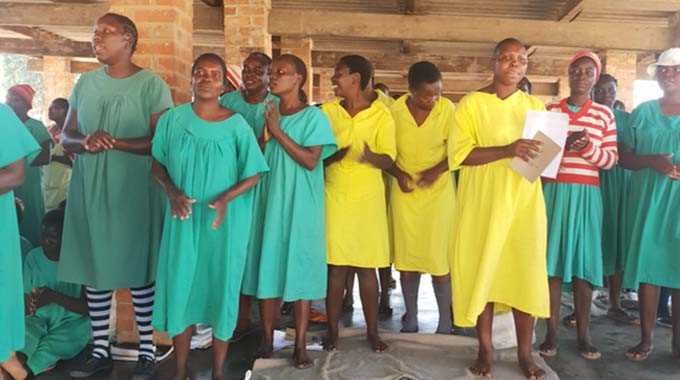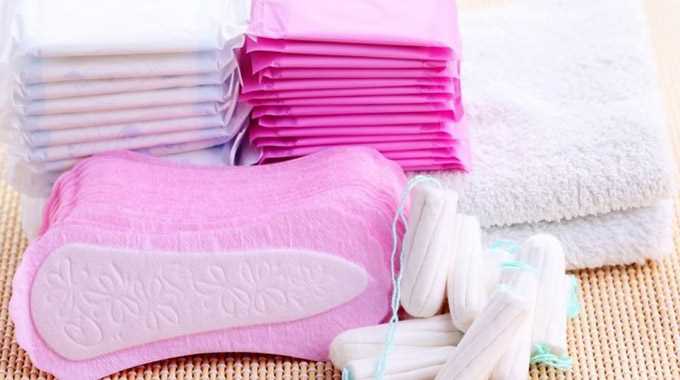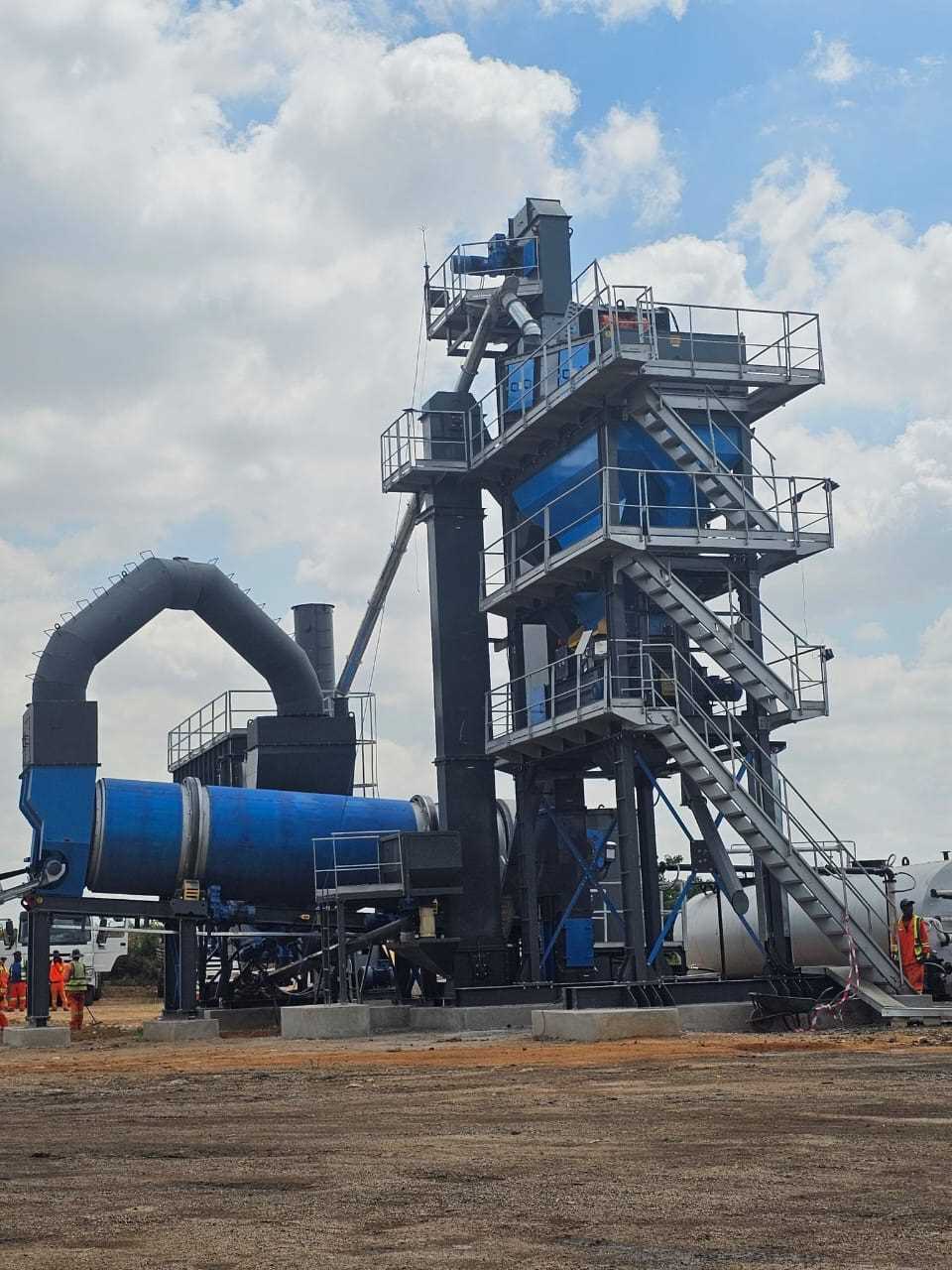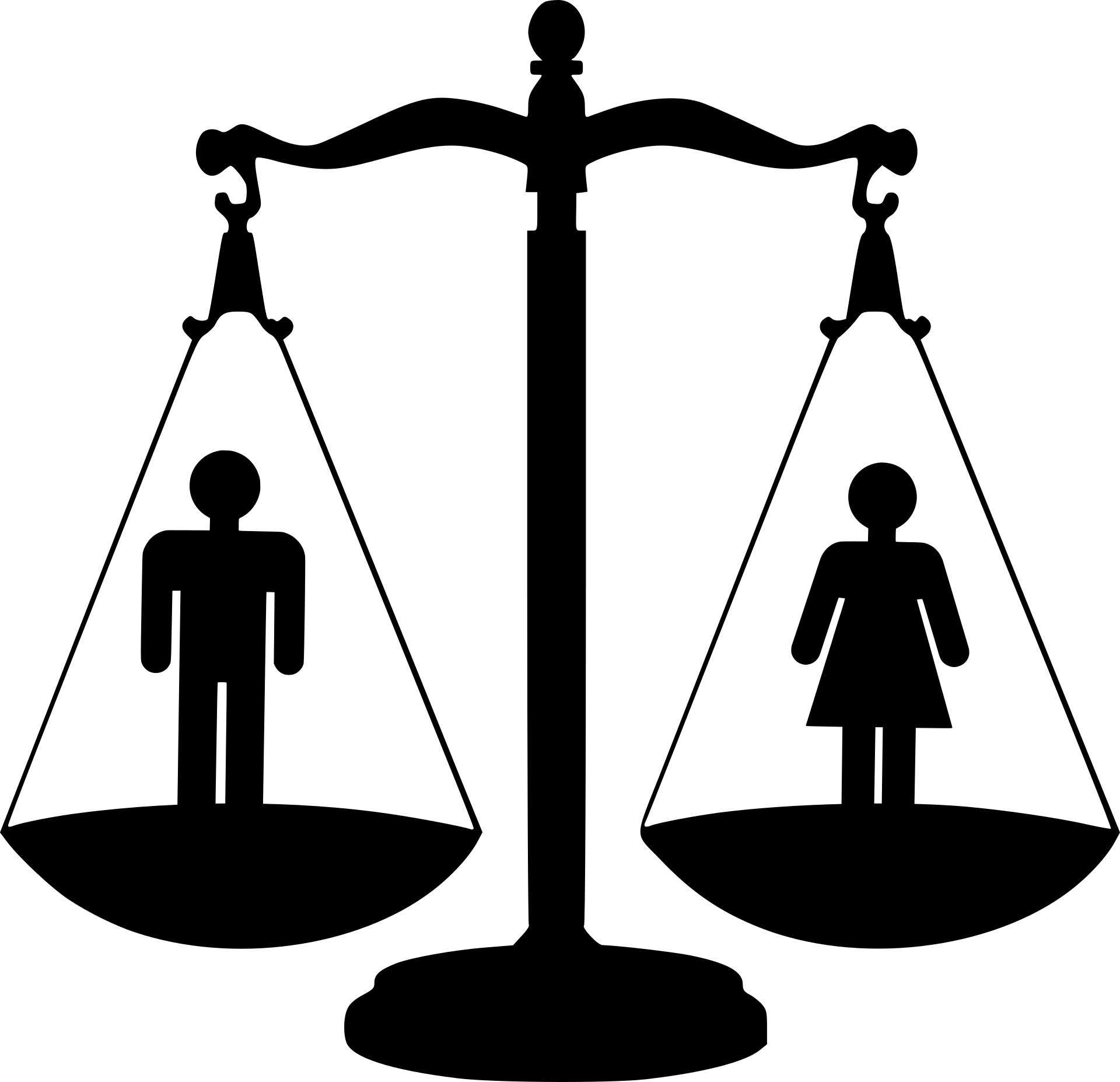
Philemon Jambaya
At one point or the other, every woman has complained about her menstrual period, which may cause her stomach pains and general discomfort.
This is the situation for women in general but there is a group that society has to spare a thought for. As an individual, have you ever considered how difficult menstruation can be for incarcerated women?
Being incarcerated is bad enough for women; however having menses while in prison is something that is unbearable.
Having menses is a normal female eventuality, generally manageable with adequate resources and women are able to go about with their business during this period.
The same may not, however be said about women who are confined to institutions such as prisons.
For incarcerated women, the experience of menses can be stressful and demeaning.
These women are at the mercy of prisons authorities to supply them with sanitary towels during their menstrual periods.
But one wonders how female prisoners with no support from family and friends manage through this period in a month.

Sanitary pads, also known as sanitary napkin or menstrual pad is a thin pad made of absorbent material that drains the menstrual fluid during the woman’s period. Some sanitary towels are disposable and are meant for single use.
Rudo Muchemwa (not real name), who served a prison term at Chikurubi Female Prison recounted her prison experience.
“I shared a cell with other girls and a number of us would be having our periods and would not be provided with sanitary towels. However, donations from churches and non-governmental organisations at times help us though,” Muchemwa said.
According to her, women were expected to be innovative and make provisions of handmade sanitary pads whenever there were was need.
Related Stories
For many female inmates, the scarcity of sanitary pads is humiliating and a major health risk.
The inaccessibility of menstrual products for inmates results in embarrassment, anxiety and shame, especially when women stain their clothes, which is stigmatising.
Many inmates interviewed described menstruation as a time of anxiety and discomfort.
Gumisai Bonzo Foundation Director, Gumisai Bonzo said that being in prison does not make one less of a woman.
She also shared her experience as a female prisoner.
“It is important to provide sanitary wear in prison for women because committing a crime does not make you less of a woman.
“Being in prison will not stop women from menstruating, hence our government should allow individuals and organisations to help.
“Being someone who wants was in prison, time for my periods was so stressful as I had to bath and change the sanitary pads three times a day and seeing that other women were using torn clothes, which sometimes makes you uncomfortable and smelly,” she said.
According to a report by Soothe Health Care of India on the impact of unhygienic sanitary practices on women’s health, poor menstrual hygiene can cause fungal infections, reproductive tract infection and urinary tract infection.
It further states that unhygienic practices also leave women vulnerable to infertility because of infections.
It is therefore important that incarcerated women should be provided with sanitary pads to ensure that their reformatory period is manageable.
If you think having menses is a discomfort, imagine the experience of those in prison.



















Leave Comments